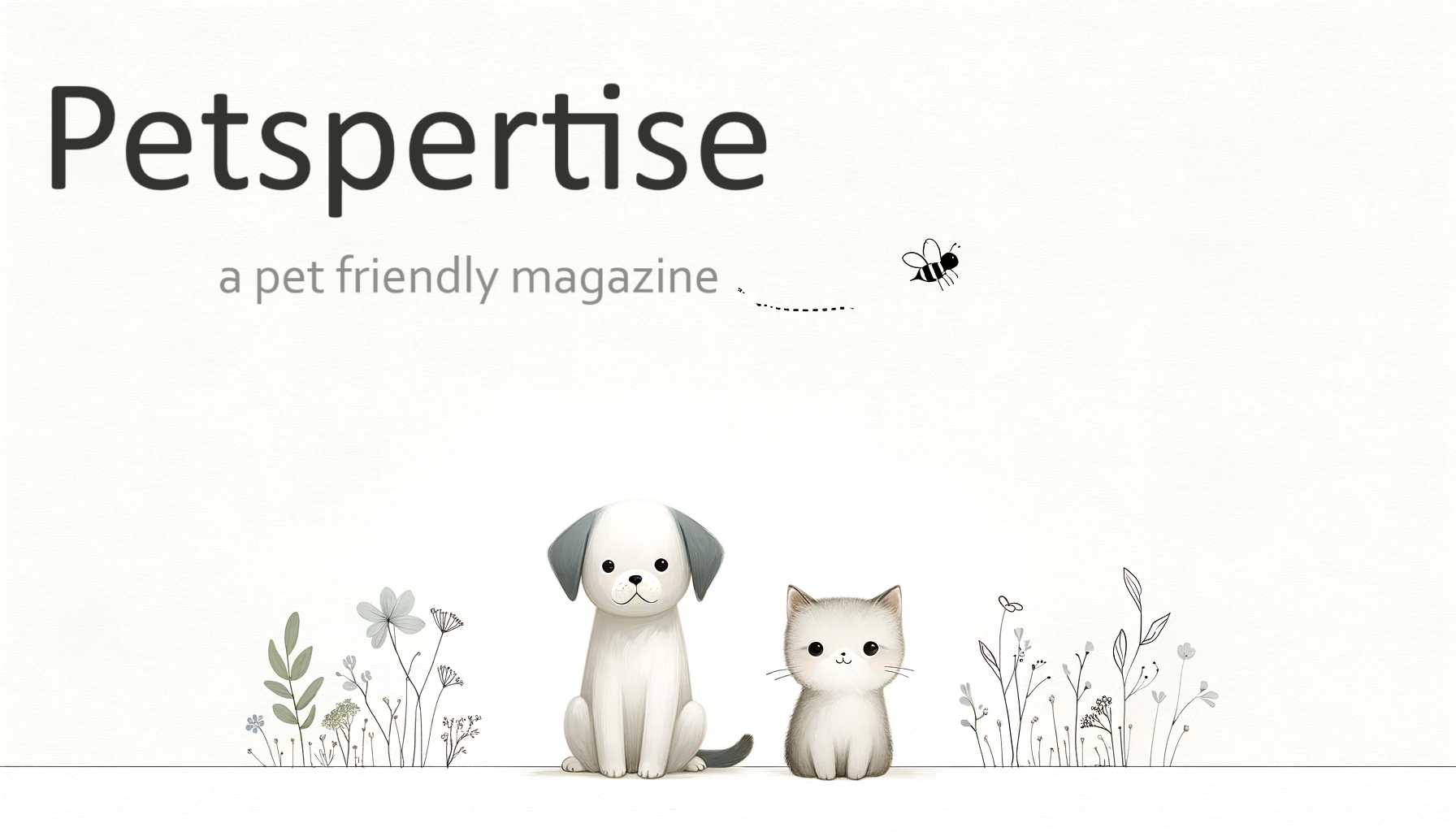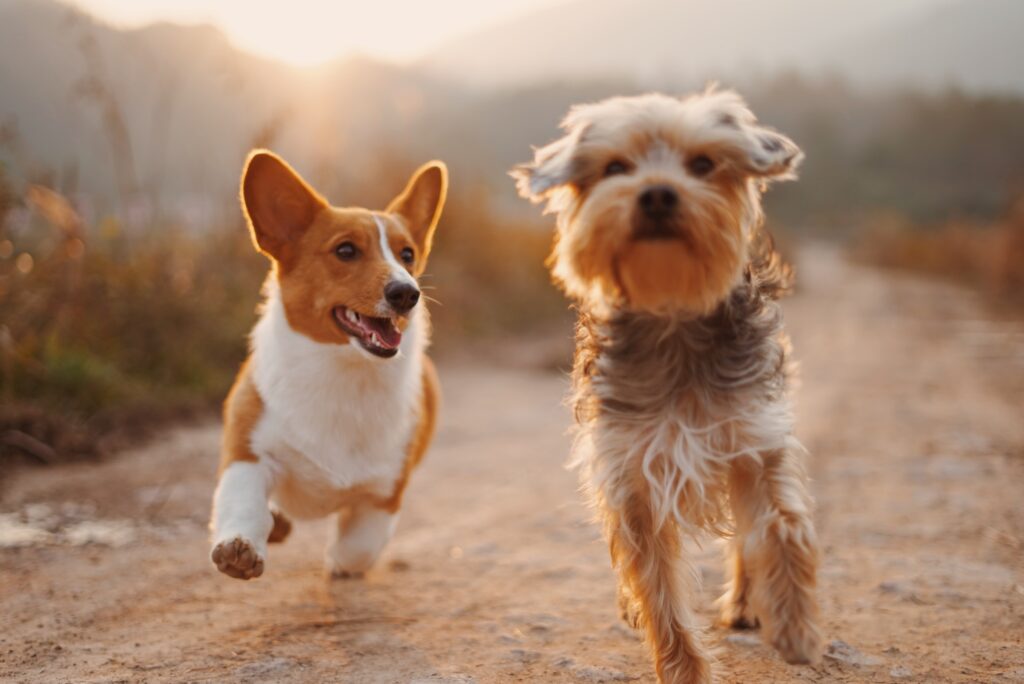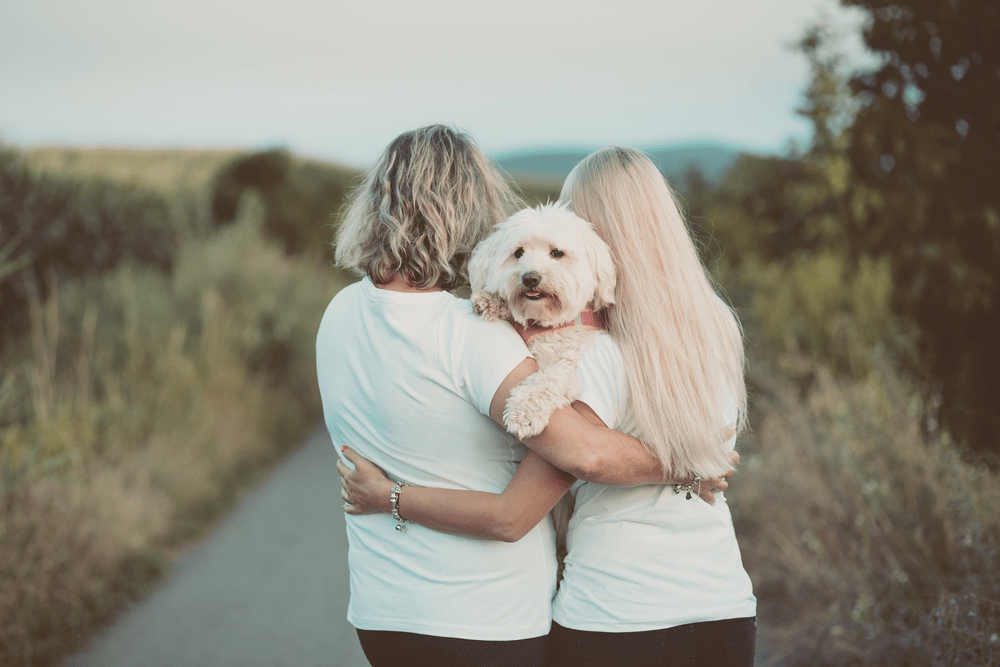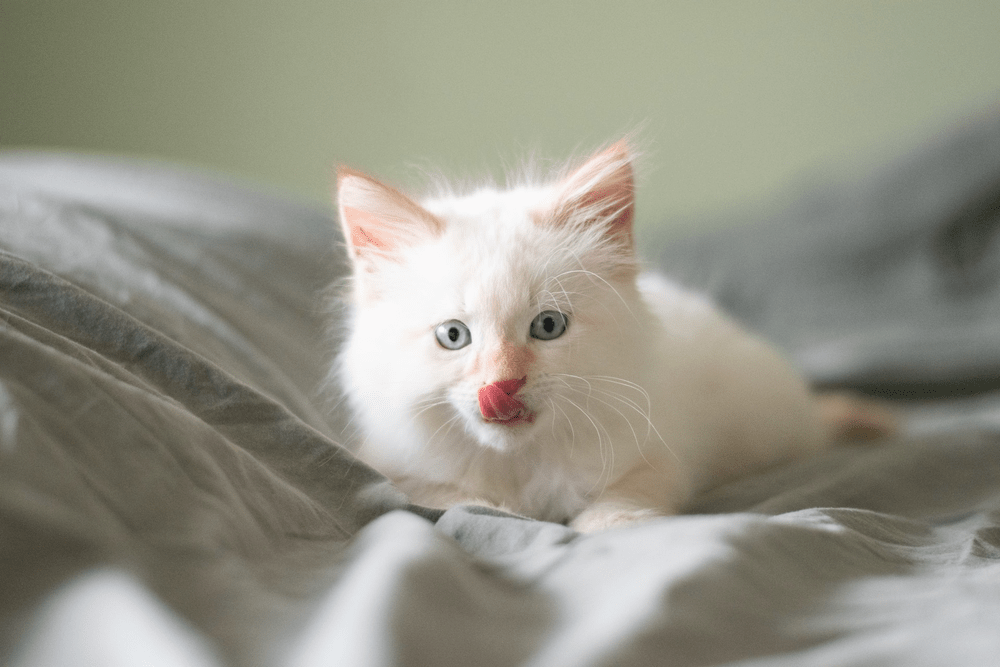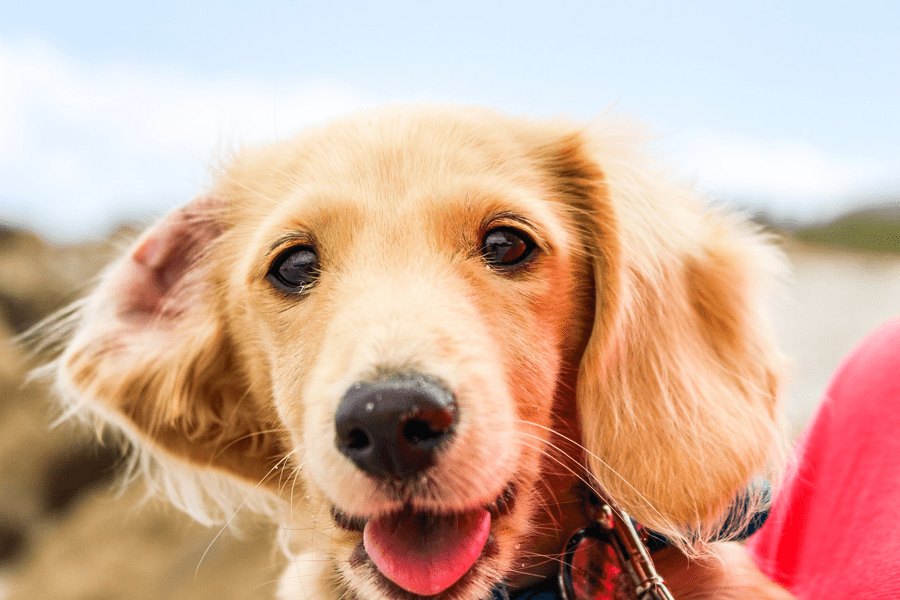How To Deal Effectively With The Loss Of A Pet
One thing is certain, we love our pet companions. Our pets fill our lives with joy and excitement. The love we receive from our pets is unconditional and without judgement, it’s different then the kind of love we share with our friends and family.
The bond between us and our pet is so profound, so deep and personal that it’s almost impossible for us to imagine that one day our beloved pet will pass on and we will have to say goodbye.
Why does it hurt so much when your pet dies?
When your pet dies, what you had and adored is torn from you, there is no question that you are deeply hurt and overwhelmed by feelings of loss, guilt, confusion, and personal vulnerability. Experiencing these feelings is natural. In fact it can be viewed as a testament to how special your relationship with your pet really was. Everyone’s pet loss experience is very different and personal to them, some people can come to a resolution and heal in a relatively short period of time whereas others may struggle to reach acceptance and to heal.
Dealing with the loss of a pet is a profoundly spiritual experience. Not only with pets that die but with ones that have disappeared, lost in a divorce, or legally removed by enforcement. You may feel like you have lost control simply because there was nothing you could have done to prevent the death. You may also experience feelings of guilt, perhaps your pet needed extensive veterinary treatment and you weren’t able to afford the cost. – This does not mean you were a bad pet owner. Life can throw several curve balls,
at Petspertise we call this “shit happens”.
The reason that you may be experiencing these guilty feelings is because you loved your pet so very much that your brain created irrational thoughts of I should’ve, could’ve. We must accept that some things are out of our control. When our pets die, we are almost always shocked and unprepared. We feel a sense of disbelief during this overwhelming time, it is very possible to lose logic and perspective.
Unless you were truly a negligent pet owner, there is nothing you could have done differently. These feelings of guilt and anger are certainly normal and although we cannot prevent such tragedies, we can regain control and begin to move onto a path of healing and coming to terms with grief. The good news is, for most people the pain does stop and eventually transitions into happy loving memories of their pet.
It’s OK to cry
When our pets die, we are filled with enormous emptiness and sadness. It is very important for you to let your feelings out. Express your emotions, don’t hold back, face your grief, allow yourself to cry, let your anger out safely. Give yourself permission to feel completely crappy.
Stay home
Consider taking some time off work. When your pet dies you become very susceptible to triggers that may set off an emotional response and cause you to lose your composure which may result in unproductivity and unprofessional behavior. Tell your employer there has been a death in your immediate family. This is certainly true, and many employers won’t hesitate to give their employees time off to mourn the death of their pet.
Ceremony
Before you can begin the healing process you must decide what you want to do with your pet’s body. It is understandable if you cannot compose yourself well enough to do this on your own. Don’t be afraid to reach out to someone close to you for support. This person should be someone that you trust and is sensitive to what you are going through. Deciding what should be done with your pet’s body requires clear thinking, so having that someone with you for emotional support and to assist you with making clear and rational decisions could be very beneficial to you.
Be the amazing person that your pet saw in you, allow yourself to mourn effectively by acknowledging and accepting your pet’s death and preserving their loving memories. Consider having a funeral for your pet, a funeral provides a healing experience on your journey through grief and is a beautiful way to honor your pet and to say a proper goodbye.
What options do you have when your pet dies?
There are a growing number of options available when deciding what to do with your deceased pet. While this is an emotionally difficult time, you want to know and weigh your options so that you do not regret your decision down the road.
Cremation
Cremating your pet is one of the most common and affordable services offered to pet owners. Generally, there are three types of pet cremation services to choose from: communal, partitioned, and private. For a more in depth description visit: betterplaceforests.com. Some businesses may offer to have your pet’s ashes spread over a beautiful garden or offer a biodegradable urn designed to transform your cherished pet into a living tree.
These services are offered by your local animal crematoriums, Veterinary clinics, and local animal shelters. Keep in mind that animal shelters act as a third-party service and receive a kickback for these services. Most shelters will offer to come and pick up your pet for an extra fee. Many of these services will allow you to cremate your pet with their favorite item such as their favorite toy, blanket, or collar excluding metal components. If you plan to have your pet euthanized at a vet clinic, be sure to make these arrangements ahead of time.
~Side Story~
Bad Timing
One day I came home and found my cat on the floor practically unresponsive. I rushed him to the Veterinary clinic and was told that his bladder had ruptured due to failed medication used to treat urinary crystal build up. The Veterinarian told me surgery was not an option and that my cat would have to be euthanized. The doctors rushed my cat into a cold and practically empty room to be euthanized. Everything happened so fast, I had about 5 minutes to say goodbye. As the doctor injected the pentobarbital, I watched the life leave my cat. I cried right then and there, I felt so sad, my heart was broken.
The doctor removed my deceased cat out of the room and returned a couple minutes later with a catalog and asked me if I wanted to purchase a paw print. I became furious, I had watched my cat die right in front of me moments earlier and the doctor is asking me if I want to purchase a paw print? This was completely unacceptable. To push a sale after such a tragic experience? I was was caught off guard and felt disposable.
To avoid being caught off guard in such a stressful setting, I strongly recommend making arrangements to obtain a souvenir in advance. You can discuss this with your veterinarian and or crematorium prior to euthanasia.
Burial
Another option that has become more popular and accessible over the years is burying your pet’s body in a pet cemetery. Pet cemeteries have been growing in popularity and it shouldn’t be too hard to find one that appeals to your needs. This option will allow you to visit your pet and pay tribute at any time. You will be required to purchase a small plot, which your pet will be placed in. Keeping your pet at a cemetery does come with a larger price tag so be prepared to spend a sizable amount of money if you choose this option.
When choosing a pet funeral home, you should take the time to browse several different ones. Many of the pet funeral homes will range in price and services, so be sure to ask lots of questions, the staff should make you feel comfortable about your decision and shouldn’t push you into something you don’t want to do.
The international association of pet cemeteries IAOPC – 800 952 5541 will be happy to assist you.
It is important to interpret and inspect the property operations and legal protections that should be available. I Strongly suggest doing this first to avoid any possible disappointments later.
Many people prefer to bury their pets on their property. I would only recommend doing this if you own your home and plan on living on the property for a long time, or if it is a family home where different generations of your family will be the occupants. Before burying your pet in the yard, check state, provincial and municipal laws to determine whether it is legal to bury your pet. The pet should be buried in a hole at least 2 feet deep. This will most likely be an emotional task, so reach out to a close friend or relative who can be there with you and offer support. This method is cheap and effective and allows you to be close to your pet. Feel free to have a funeral, this is the same concept as a pet cemetery funeral service but in the comfort of your own home.
For a more extensive at home pet burial guide visit: dfordog – Burying your pet at home
Freeze-Drying your deceased pet
You read that right.
Freeze drying deceased pets has been gaining popularity all over the country so if you’re looking to preserve your pet forever this is how you do it. Freeze-drying is the process of using extremely cold temperatures and vacuum pressure to remove all the moisture from an animal’s tissue to stop the body from decomposing. Like taxidermy, it leaves animals looking like they did the day they died. This process must be done within 24 hours; you must place your pet’s body in the freezer immediately after it dies.
While it might sound unusual, this process isn’t as rare as it seems. Pet owners have been freeze-drying their pets since 2007. It’s an expensive process; you can expect to pay hundreds of dollars for a small animal and thousands of dollars for a large animal such as a Golden Retriever. This truly is an art form that requires special skills, and the equipment is very expensive.
Many grieving pet owners cannot imagine living their lives without their pet, especially if the person is elderly and cannot care for a new animal. Preserving a pet in this form can be very beneficial to a grieving pet owner’s mental health and can provide some much-needed comfort after death.
When our pet dies it can be very difficult to compose ourselves enough to make these executive decisions, however by gathering our strength and arranging to properly put our pets to rest is the one last greatest thing we can do to honor our pets. This is the final act of love and generosity before we can begin the healing process.
We owe it to ourselves to heal our pain, and although mourning is normal, continuing misery is not. These universally accepted steps will provide practical suggestions for coping with the loss of your beloved pet.
Ask Questions
Schedule an appointment with your Vet either in person, video call, or by phone. When your pet passes you may be left with some doubts and unanswered questions about your pet’s death. Talking to your vet should clear up any of these doubts and concerns, by doing this you will gain reassurance about the outcome. Prepare your questions and concerns in advance by writing them down, this will ensure that all your questions have been addressed.
You are obviously in pain, and it might be hard to be nice, especially if you hold resentment towards your vet, but remember your vet is there to help and they cared about your pet’s well being very much.
Try to keep your composure, be nice and avoid arguing. Provide feedback, vets aren’t perfect and some helpful constructive criticism is always welcomed. If your pet was being treated for a terminal disease and you feel that your vet didn’t do everything in their medical expertise to treat your pet, let them know that. Get a second opinion, it’s your right. Before scheduling a meeting with a secondary vet, be sure to obtain your pet’s file from your primary clinic so that the new vet can analyze the file.
Change your daily routine
Try to change your daily patterns if you can. You likely had a daily routine where you would walk your dog or feed your cat. Try to replace these routines with other activities.
Exercising works well to take your mind off things and is a great outlet for releasing energy and a super tool for balancing your mind.
Attempt to learn a new skill such as playing a new instrument, painting, or cooking. These are all art forms and art requires a great deal of attention and focus. These new activities and hobbies will allow you to express your feelings in an artistic way, more importantly in a safe and responsible manner.
Try dipping your toes in at first, do not go from one extreme to another. It’s healthy for you to still feel sad and empty, remember, it’s ok to cry, don’t try to sidestep or avoid your feelings.
It is advisable to avoid certain types of music and movies that are upsetting and sad. Instead, feed your brain with neutral content such as trivia shows and classical music. Over time you can gradually ease into more lighthearted programming, such as family movies and comedies.
When you see something on TV or hear a song on the radio that reminds you of your pet, accept it as a cherished memory rather than a painful reminder. You shared a life full of love and joy with your pet, these songs and tv programs should serve as a reminder of that.
It’s best to stay away from negative people. We all have friends that are negative and pessimistic. If you socialize with them, you won’t do yourself any favors. Instead, seek out a more positive group of people to spend time with, surround yourself with people who bring your spirits up!
Socialize
Try to go out more but avoid social situations that may be upsetting for any reason. Have dinner with friends and explain to them that your pet had recently died and that you might not be your normal self, but continue the dinner with regular topics.
It would be inappropriate to break down and talk about your pet’s death over a casual dinner. A brief initial explanation is plenty, and the purpose of the social gathering is to try to have some laughs and reminisce with your friends over some delicious food.
Drink a toast to your beloved pet’s memory with friends, but don’t overdo it. This is not a suggestion to drink your pain away but rather a respectful gesture. Going out with a few close friends will bring reassurance that although your pet has died, you are not alone, and that you are worthy of love and happiness.
You are not alone
You may feel the need to want to talk about your pet’s death with people who have gone through a similar experience. Jump online and search for bereavement support groups in your area, this is a community of people who are also grieving the loss of their pets. Here you will be respected and listened to, you will have the opportunity to find sympathetic and supportive people to share your feelings with and who will listen to your story.
If sitting in a group of grieving strangers is no for you, (COVID-19), there are online chat groups dedicated to bereavement support groups. Visit the website of Association for Pet Loss and Bereavement www.aplb.org , here you will find scheduled online bereavement support group chats – a safe and friendly environment for people who are grieving their pet’s passing.
This website provides a vast variety of resources, support and educational materials to help grieving pet owners. I can easily write an entire article on this amazing website alone, instead you should go and have a look for yourself. www.aplb.org.
Pet bereavement Counseling
Everyone grieves the loss of their pet in different ways, many pet owners have experienced pet loss several times in their lives and know what to expect and how to cope with the loss. For others, pet loss is a tragic event experienced for the first time. Some people can reach resolution and progressively heal whereas others experience such deep pain that professional intervention is necessary. We are all different and we all experience loss in different ways. Everyone’s life situation is different in that not everyone has a support circle made up of friends and family, some people may be left to deal with the loss of their pets all by themselves.
Pet Bereavement counselling can help grieving pet owners move toward a resolution. This type of therapy will give you the opportunity to discuss pet loss, your quality of life and any other challenges you may experience.
Pet bereavement counseling can be found on the association for pet loss and bereavement website. You can also try searching for a local pet bereavement counselor in the yellow pages and Google. Many people find counselling to be very effective and go on to live healthy happy lives, loving and caring for new pets.
How to tell you children that your pet died
As adults we are fully aware of death, we know that everything that lives will eventually die, and that death is a part of life. We understand what happens when our pets die, we understand that we must decide to put the pet’s body to rest, and that there will be a period where we grieve the loss. We can process death on an adult level simply because we have experienced the passing of someone in a personal capacity. Pet loss may be your child’s first experience of death and the first opportunity for you to teach them about coping with the grief and pain that comes with losing a pet.
So how do we break the news to our children? Well, we do it carefully, we take the time to delicately plan the delivery and prepare to answer some very difficult questions. It is our responsibility to explain the death of a family pet in a way that the child will understand and process the news in a healthy manner.
Have the talk
Take the time to talk to your child in a safe and comfortable space. It might be difficult for you to come up with the perfect explanation as to why the family pet has died and it might be just as hard to explain it in a way that a child will understand. A great way to begin the conversation is to ask your child what death means to them and what they think death is. Based on their answers explain death in terms that are relative to what they think.
Children must learn that death is the normal ending to life just as birth is the beginning. Every living thing experiences death. Do not try to explain death in adult terms because it may confuse the child and complicate their understanding of the pet’s death.
Talk about the pet with your child, go through some of the fun memorable photos of the pet and associate happy events with the pet’s memory. Reassure your child that if they remember and love the pet it will always be a part of them. It’s a good idea to let your child’s school teacher know about the death of your pet and how it is affecting them. The teacher may provide some sound advice and be more sensitive to your child during the grieving period, this can also be done with a vet.
Are you ready for a new pet?
One must live through the pain to get past it. This is difficult and requires time. As time goes on you might consider getting a new pet but are uncertain if it is the right thing to do. This fun and effective activity will help you decide if you are ready to open your heart to a new animal companion.
Visit an animal shelter, do this alone. You should only visit the animal shelter to look around and not adopt. Write down your feelings after the visit.
Are there new feelings or thoughts as a result of the visit? How did the visit make you feel? Did it bring up negative emotions, or positive emotions?
If the visit brought up painful memories, made you upset and anxious then you are not ready to have a new pet just yet.
If the visit was positive and made you excited about the thought of sharing your life with a new animal, then you are most likely ready to be a loving pet parent once again.
Don’t feel like you need to put the memories of your previous pet behind you or forget about it, instead when the time comes to getting a new pet, tell your new pet stories of your previous companion. Do not try to remake the new animal into a copy of your deceased pet, get new toys, create a new relationship and build it on mutual trust, love and respect.
